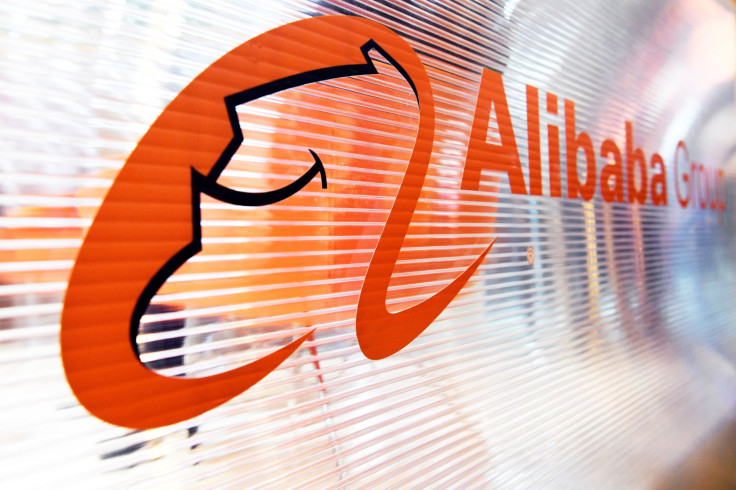Alibaba Files Patent For Blockchain-Based Smart Contracts System

Chinese multinational conglomerate Alibaba has applied to patent a blockchain system with the U.S. Patent and Trademark Office. The system, as explained in the patent application filed Thursday, would allow an intervention in a smart contract — computer protocol intended to digitally facilitate or enforce negotiation of a contract — in case of illegal activity.
Blockchain has unique features — openness, unchangeability, and decentralization — but it does not integrate certain practical processes that are usually associated with real-life transactions. For instance, the patent application explains there is real life "administrative intervention" activity, like “when a user performs illegal activities, a court order may be executed to freeze the user's account.” This kind of an intervention with smart contacts cannot be carried out in the existing blockchain systems.
Alibaba’s patent application emphasizes enabling “special transactions” in the blockchain-based transactions (smart contracts) for performing the administrative intervention. The special transaction, according to the patent, would bring in a system for effective supervision of all accounts in a blockchain network.
Usually, in a smart contact, when a user initiates a transfer on blockchain, the system determines whether transfer instructions satisfy the conditions of a smart contract. If they do, the blockchain node executes the transfer request. Here, the execution conditions can be something like checking whether the balance in the account of the user meets the requirements of the transfer amount.
Alibaba's blockchain system would work in a way where upon receiving an instruction sent from an account, a “node in a blockchain network can invoke a corresponding smart contract when determining that the operation instruction is issued legally.” After determining the legality of the operation, the node will execute the transaction. This could achieve the goal of legal supervision in blockchain accounts.
The scope of “intervention” would be limited, however, which means it would not restrict normal transactions on the blockchain network. “The issuing account recorded in the various embodiments may be an account owned by a government agency or a trustful institution,” the patent read.
The authors of the patent application acknowledged this system added an element of risk into the blockchain network. The administrator accounts could be targets for hackers. They suggested decentralizing this supervisory power to certain designated accounts.
“In this way, the supervision power of the accounts in the blockchain can be decentralization, such that the supervision power against the blockchain is not centralized in one designated account and the effectiveness and credibility of supervision can be ensured. At the same time, it prevents the loss of all supervision power over the blockchain when one designated account is compromised," the patent application read.
This is not the first blockchain-based patent that Alibaba has filed. Nikkei Asian Review reported that of 406 blockchain patents that were issued in 2017, Alibaba alone filed 43, with other Chinese tech giants like Tencent and Baidu also featuring prominently in the list.
Alibaba Group Holding hit the $500 billion valuation in January. The shares of Alibaba on the New York Stock Exchange closed 3.89 percent lower Thursday, while after-hours trade showed another 0.56 percent fall. The overall NYSE Composite Index closed with a fall of 0.58 percent.
© Copyright IBTimes 2025. All rights reserved.





















